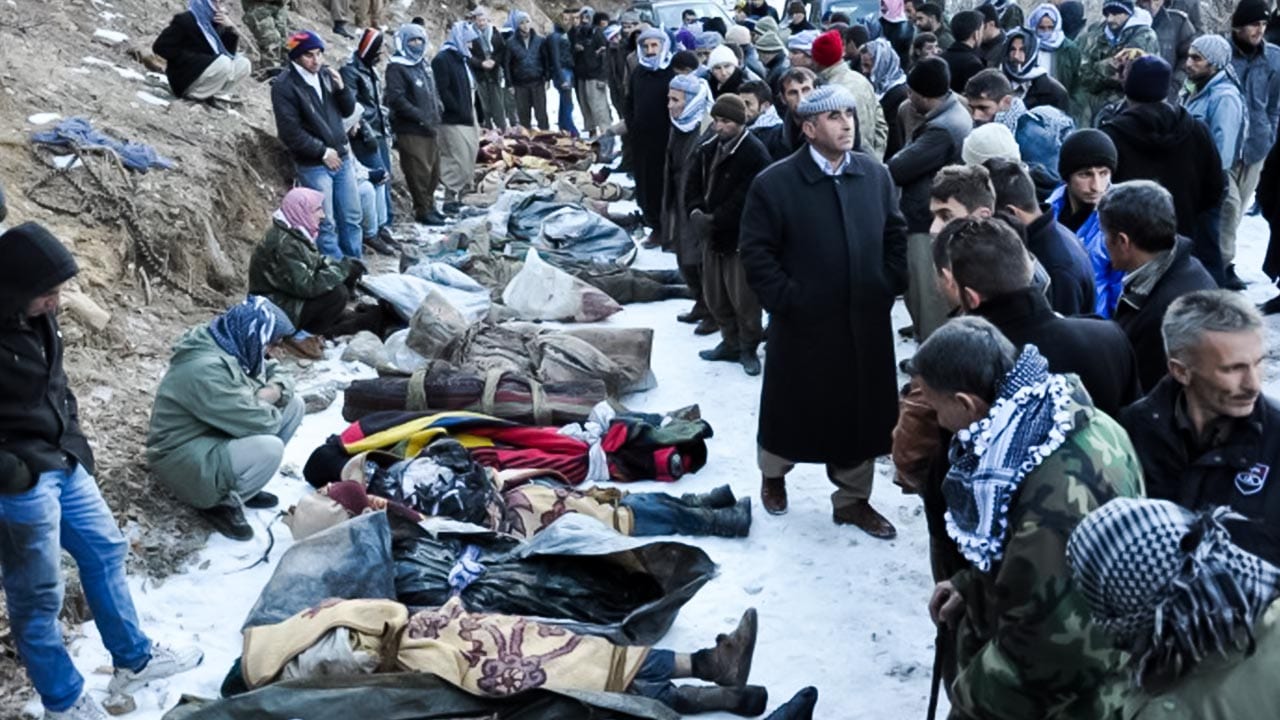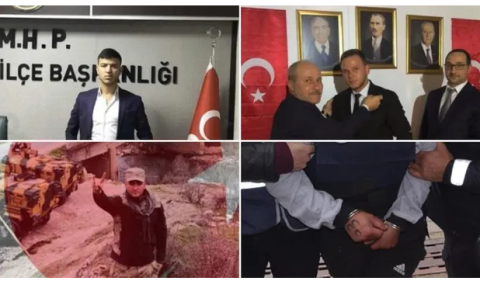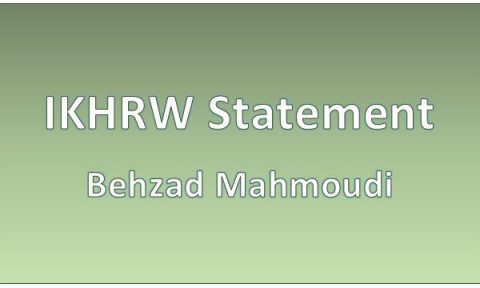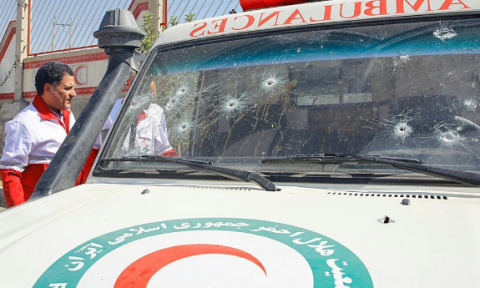Ten years have passed since the massacre of 34 Kurdish people, mostly children, in the village of Roboski, south-east Turkey, but memories of the massacre remain vivid in the minds of the victims’ families.
At 21.39 on December 28, 2011, disaster struck and in an instant the village lost its youth when they became victim to the Turkish government’s ‘war on terror’.
Thirty-four of a party of 38 – most of them children – were slaughtered in an aerial bombardment by a Turkish F-16 fighter jet. Those killed were engaging in traditional cross border trade, kolberi, as we call it in Iranian Kurdistan. Roboski is a poor village where there is little or no work. Cross border trade provides a small and welcome income for the older men and pocket money for the purchase of notebooks, stationary and pens for the teenagers.
The 19 children who were killed had attended school during the week and only occasionally and at weekends did they accompany their brothers, uncles or friends on the journey across the border to buy cheap petrol and cigarettes. The round trip takes only three hours, a little longer in the snow, and the border is historically porous. Villagers in Roboski have family on both sides of the border and this kind of trade has a long history.
As soon as villagers heard of the bombing they made the desperate journey to the border – bodies and body parts lay beside dead donkeys, strewn in the white snow. Blue plastic jerry cans and the food the travellers carried with them littered the site. Photographs taken at the time capture a scene of devastation.
Medical assistance and ambulances were prevented for some hours from attending the site of the massacre and that the military refused to organize an immediate rescue because they feared retaliation from the villagers.
State crime
News of the massacre reached the Mardin branch of the Turkish Human Rights Association (IHD) within hours and human rights activists travelled to the site in the early hours of the following morning to gather evidence before the state had time to remove it. Their role has been essential in recording testimony, supporting villagers and campaigning for justice.
What happened on the night of December 28 is now known. A US Predator and then Israeli built Turkish Heron drones falsely identified the group as comprising PKK operatives. Turkish fighter jets were then instructed to fly in and bomb the group, which they did repeatedly. The results were catastrophic.
No villager is untouched by this crime. Twenty-eight of the dead from this small mountain community were part of the same extended family and shared the same surname, Encu. Grief here is in one sense overwhelming, woven into the fabric of everyday life. But there is also a powerful demand for justice – a determination on the part of villagers to force the Turkish government to apologise and to prosecute those responsible for the mass murder of their young.
Impunity
In a familiar process of denial by state criminals the Turkish military first denied the attack was against civilians, claiming there were PKK operatives in the party crossing the border. None of those killed had any connection with the PKK or any terrorist organisation. In fact families of 27 of those killed were village guards – militias set up in the 1990’s by the Turkish state to counter PKK insurgents.
The army reported it had carried out the strike after US and Turkish spy drones had identified a group moving towards its sensitive South-eastern border in an area known to be used by Kurdish militants:
“Members of the Turkish Armed Forces acted in accordance with the decisions adopted by the Council of Ministers and the law,” the army prosecutor’s office reported.
Justice has not been found for the victims of Roboski.
The killing of 34 young Turkish people by their own government is a crime of great magnitude that should be widely known, exposed, challenged and accounted for.










